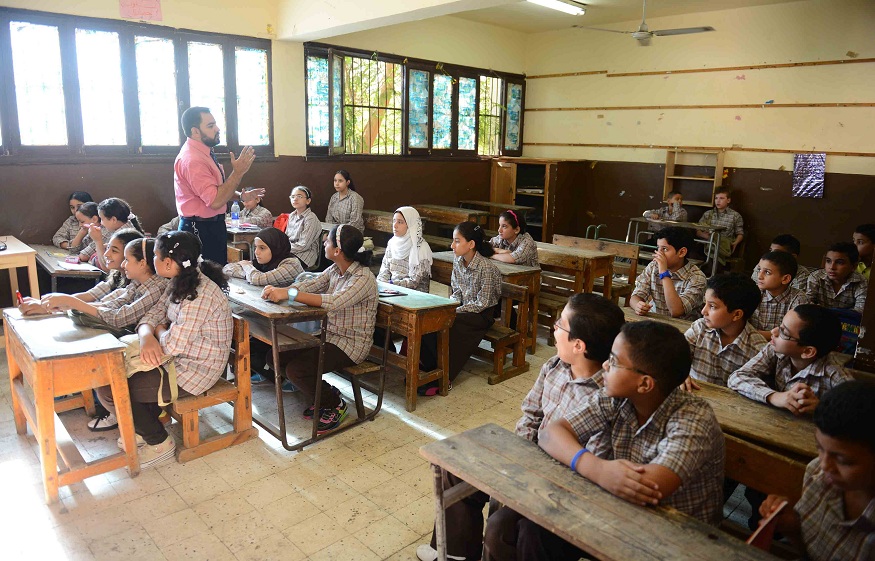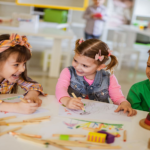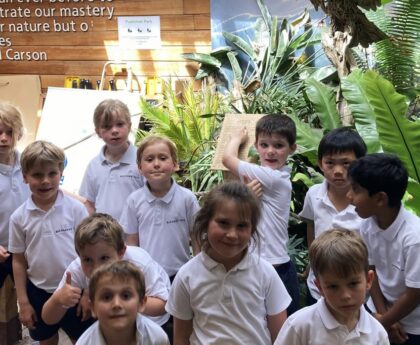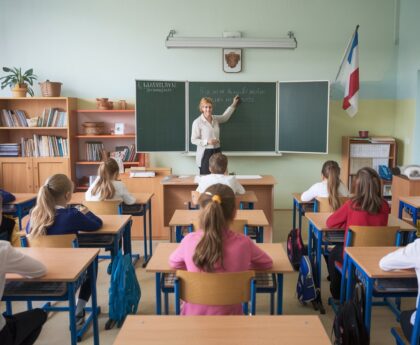A new school must be animated by a new spirit. Before embarking on the analysis of the place and role of the various subjects in the elementary and secondary study programmes, the Commission specifies the organization and the spirit of the teaching and the programmes: “It is curricula and the entire school system must be adapted to the child’s needs. » The practices of the school must take into account the particularities of the child and the adolescent and the differences between individuals. The pedagogy must be engaging for the student. Parents are called upon to collaborate much more closely with the school to facilitate the implementation of the reform, to organize extracurricular activities, to share information on pupils. The master must leave his tribune and, under the inspiration of an active pedagogy, accustom the pupils to learn, to understand and to work. For the curators, “the questioning attitude and the spirit of research will oblige each student to engage himself much more actively in intellectual work, to be himself the main agent of his development and his training” . Elementary school and secondary school must make room for three major groups of disciplines: arts and disciplines of expression, natural and human sciences, disciplines of synthesis and general training of the person; at the secondary level, a system of gradual options must be introduced as well as vocational or trade education for pupils whose talents and abilities point in this direction. The important thing is two things:
FULL-TEXT
All our investigation and our report, all the higher structures and the ministry, all the regional structures and the financial regime, all the pedagogical structures have a single object: the education to be given to the children. This vast overall architecture is intended to house the youth of Quebec, that is to say all the children of the province, whether they are rich or poor, intelligent or not very gifted, promised to a brilliant future or called to play a more modest role. What matters first of all is not to maintain or create this type of administration or financing, this category of civil servants, this type of institution, but to protect and develop each child; administrators,
Attention to the child
A school system attentive to the child must therefore make the teacher a collaborator of the child in this work of maturation and development, which is undoubtedly the most mysteriously active period of all existence. We must not constantly impose knowledge and notions from outside; the adult must be discreet; he must respect what comes from the child himself; know how to listen to it, seek to understand it. In this unequal situation of an adult possessing all the authority, the language, the knowledge, in front of a child of whom one usually asks only docility, conformity to what the adult wants, the child can be irritated or injured in the sense of his personal dignity or in his sometimes remarkable common sense; that an adult tries to conceal a truth, to give false reasons,
It is especially during adolescence that affectivity seems to take precedence over the intellectual development of the schoolboy. […] Boys and girls then show their need for independence, their taste for escape; instability and affirmation of the self, independence and conformism, a taste for solitude and companionship or friendship, insecurity and the desire for emancipation, sentimental effervescence and physiological weariness alternate in them. It is with this mixture of idealism and violence,
Another aspect of childhood and adolescence which parents and teachers have to take into account is the extreme diversity among children, both in the same family and in the same class. A master believes he understands a collective reaction of his class, and no doubt is right to believe so; but what diversity of attitudes under a certain unanimity;
However, whatever the differences between the child and the adult or the diversity between the children, all school children have certain common needs: to keep themselves in good health and to develop physically, to play, to have fun, to flourish affectively, learning to live in society and conforming to the order that this implies, developing intellectually and morally and learning, preparing for adult life. Parents and teachers, specialists in various disciplines, guidance and psychology services, medical service and social service must avoid considering the child only from their particular angle; the unity of his intellectual, emotional, physical and social person must remain very present in the mind of each of these educators.
Parents and teachers
Ultimately, a conscious educator can no longer teach a class as if it were an anonymous, indistinct and docile mass; he knows that he is dealing with a rather differentiated and complex group; he is now quite clearly aware of the autonomy of these schoolchildren or adolescents; he knows how quickly they will be young adults, endowed with energy or violence, and many, full of resources and intelligence; he knows that some will surpass him, in a few years, and by their gifts and by what they will do with them. Parents and teachers, faced with this new youth, are both proud and worried, torn between hope and uncertainty. But they know that the era of authoritarianism is over. The master can no longer be only a regent or a lecturer; he is a guide, an elder,





